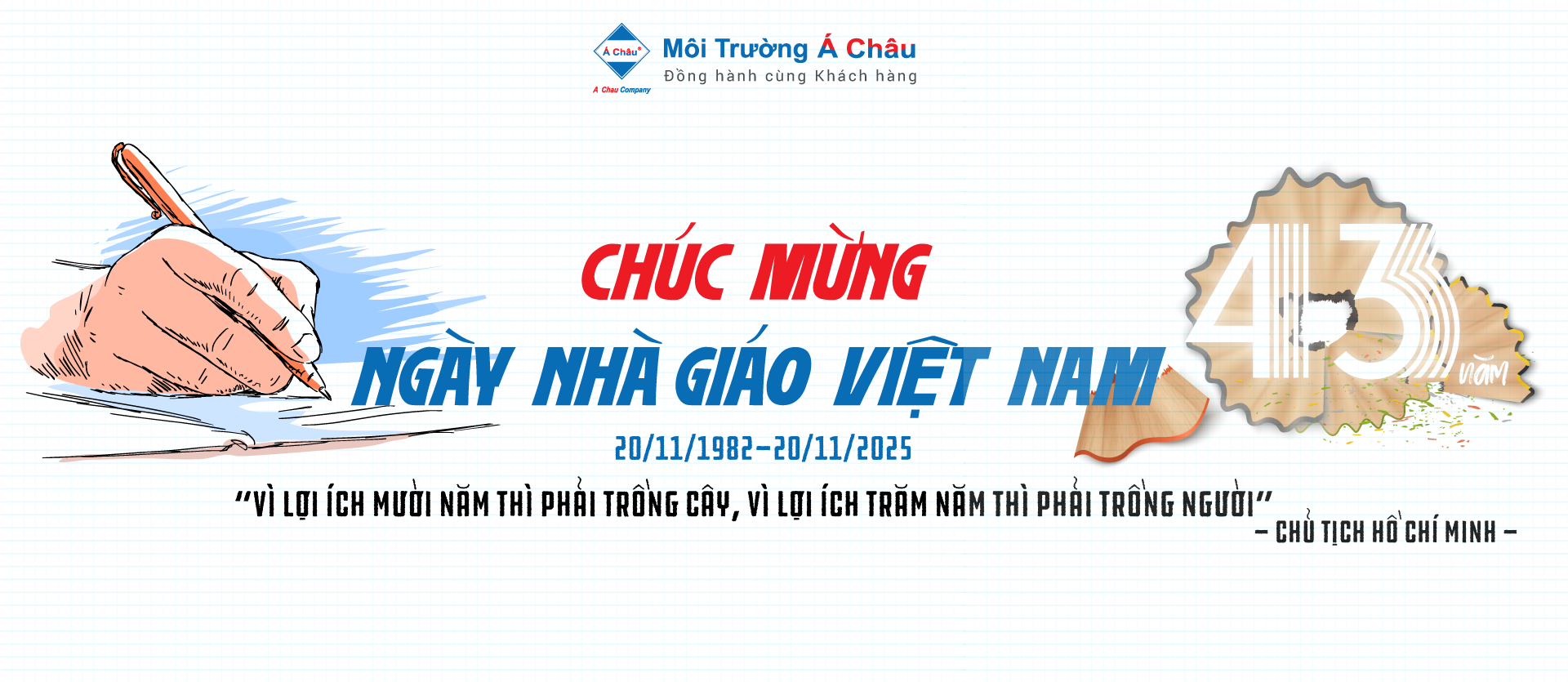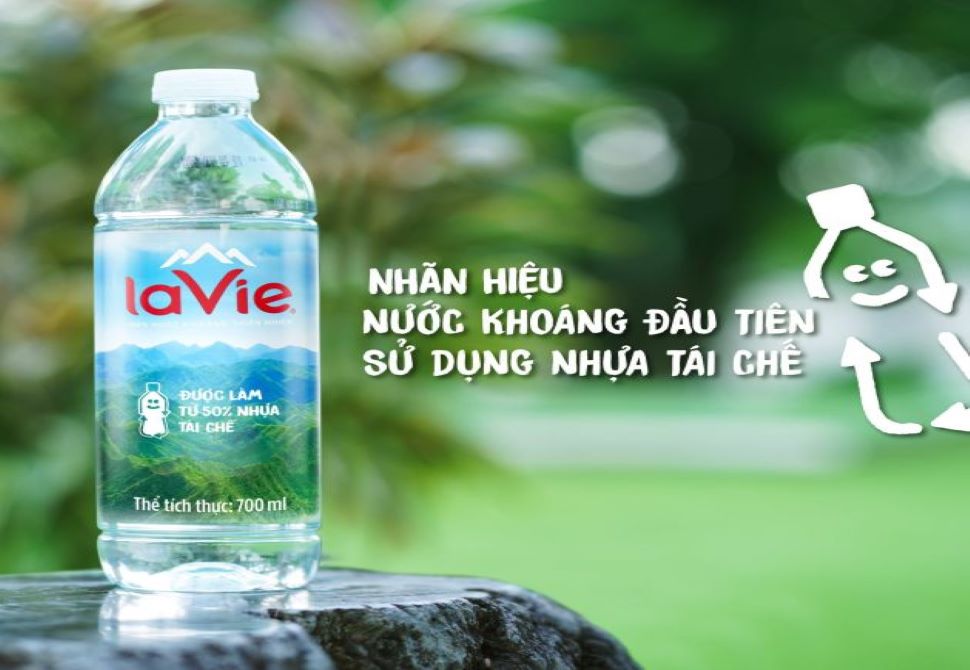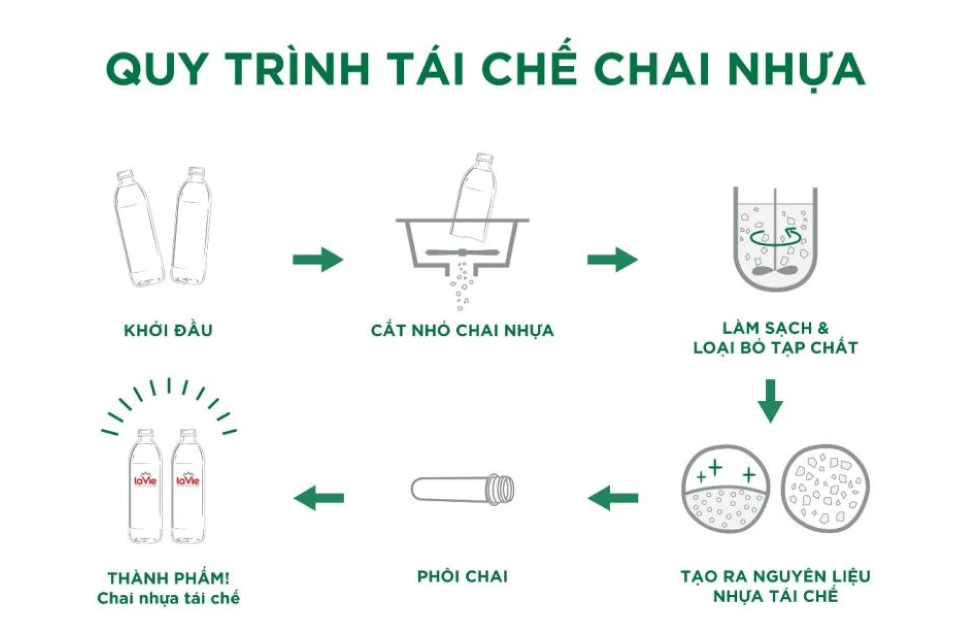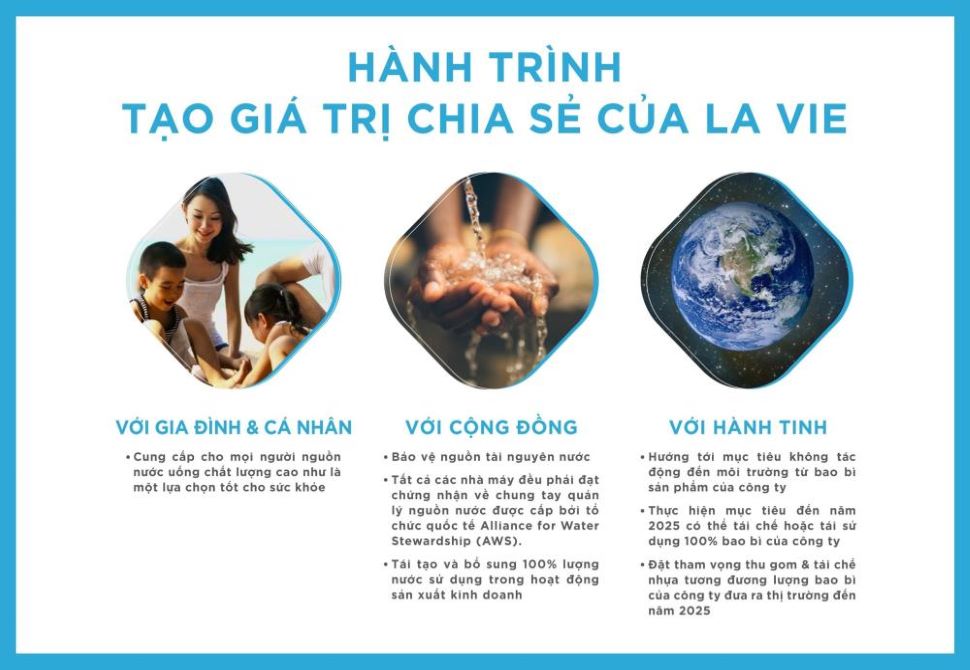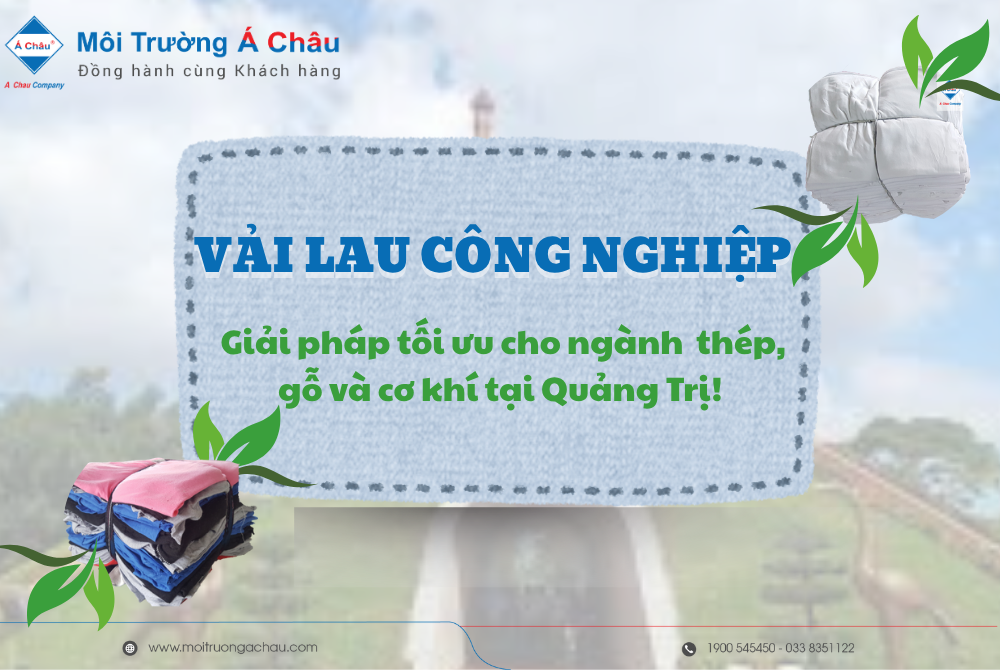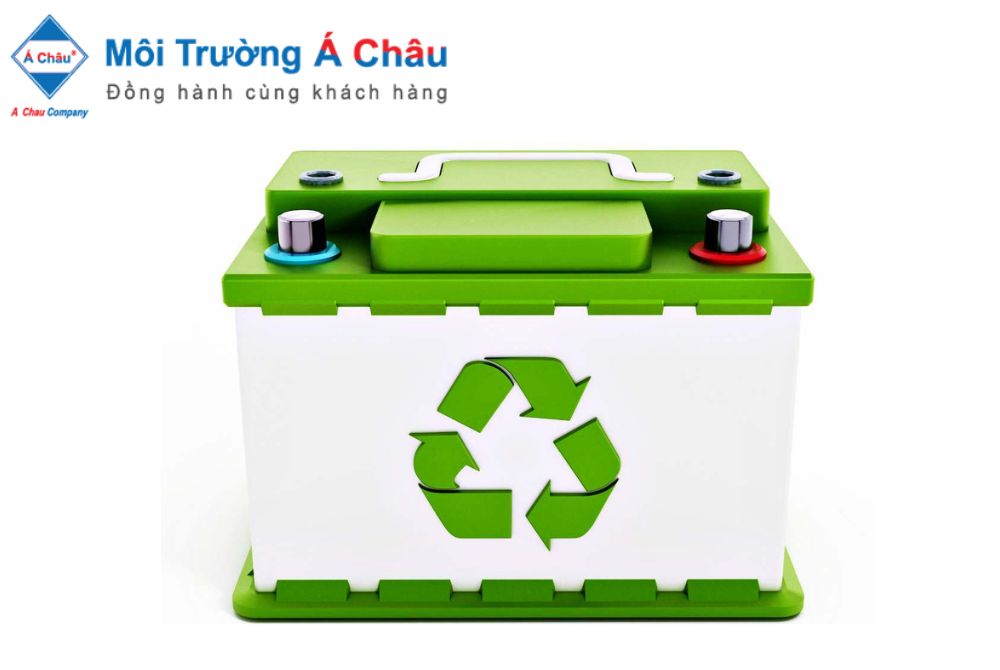Recycled plastic La Vie's bottles come in Circular Economy
La Vie Co., Ltd., a member of Nestlé Group, has just launched a natural mineral water product line using recycled plastic bottles (rPET). Accordingly, La Vie is the first mineral water brand in Vietnam to use bottles made from recycled plastic, contributing to motivating the Circular Economy model in Vietnam.
The effort began with the La Vie 700ml natural mineral water product - a 50% recycled plastic (rPET) container and has since been expanded in the company's product line depending on the market supply of rPET components.
rPET is a form of plastic made from discarded PET bottles, with a forceful recycling process to fulfill food and beverage industry cleanliness and safety standards. Furthermore, a system for collecting, segregating, and recycling plastic bottles is required to have a source of initial supplies for rPET manufacture.
The use of rPET packaging in Vietnam not only reduces the use of primary plastic but also offers regeneration opportunities for each bottle collected, motivating consumers. Collection and recycling projects promote a Circular Economy, turning waste into resources and providing a new perspective on waste solutions.
Through this initiative, La Vie shows that there is an excellent demand for recycled plastic consumption from beverage firms like La Vie, pushing domestic industries to engage in rPET production to speed production. More circular economic model. Currently, beverage firms need help with employing recycled plastic since there are no enterprises in Vietnam that manufacture recycled plastic for culinary usage.
Furthermore, the usage of rPET plastic is part of La Vie Company's and Nestlé Group's strategy to recycle and reuse 100% of product packaging by 2025. This aim stems from the vision: none of the Group's packaging becomes garbage after use. Mr. Mark Schneider, General Director of Nestlé Group, stated: "Waste plastic is one of the major issues affecting ecological sustainability that the world is facing today." This challenge necessitates a multifaceted response. We are dedicated to developing better ways to minimize, reuse, and recycle packaging. Our goal is to recycle and reuse 100% of product packaging." La Vie is adopting a number of sustainable packaging measures to reach this aim.
Remove extraneous packaging that is difficult to collect and recycle, such as shrink wrap on bottle tops, and so on. Because shrink wrap on bottle caps is rugged to collect, La Vie was the first brand to abolish it in 2018. And is immediately discharged into the environment.
Developing and sourcing sustainable raw materials. In 2019, La Vie first launched a product using glass bottles and invested in a process to collect and completely recycle bottles after use.
Focus on reusable packaging. La Vie is focusing on large-capacity bottles (19 liters) that can be reused many times.
At the same time, La Vie is a founding member of the Vietnam Packaging Recycling Alliance (PRO Vietnam) and is working along with PRO Vietnam members to promote the categorization, collection, and recycling model. Vietnam has launched waste recycling initiatives. La Vie Company, a part of the Nestlé Group that has been in the natural mineral water market for 28 years, has always related its production and commercial operations with the aims of sustainable development and environmental preservation. La Vie Company, through the initiative "Creating Shared Value," generates long-term common values for stakeholders and society.
The Alliance for Water Stewardship (AWS) certified La Vie Company's Long An plant as the first in Vietnam in 2019 for sustainable water resource management. Simultaneously, La Vie Company was named one of the 100 most outstanding sustainable development firms in Vietnam in 2020 by the Vietnam Business Council for Sustainable Development (VBCSD), a division of the Chamber of Commerce and Industry of Vietnam (VCCI).
View more:
CO-PROCESSING: CLEARLY COMPREHEND TECHNIQUE
Source: Laviewater.com
